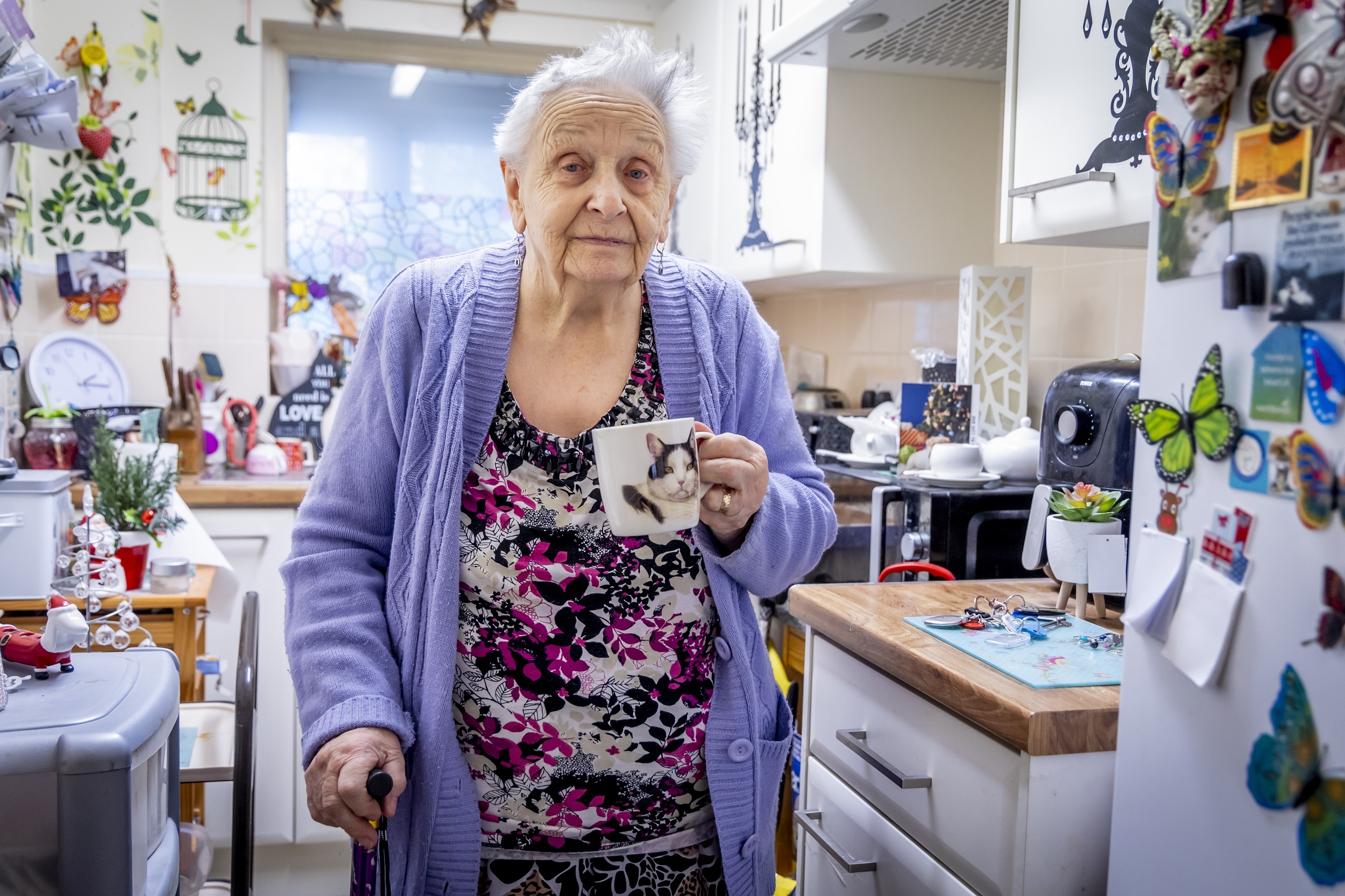
Thursday 17th August 2023
How can I help my older relative remain safe in their home for longer?
We all have an in-built need to feel safe and secure in our home. For an older person, a few adjustments could make all the difference in helping them to live independently for longer.
If you are concerned about an older relative or member of your church family, why not read through these tips and see if there's any you could put into action?:
- Remove tripping hazards: Take a thorough look at their living space to identify and remove any potential tripping hazards like loose rugs, clutter, and electrical cords.
- Install handrails and grab bars: Place handrails in hallways, stairways, and bathrooms, and install grab bars near toilets and in showers to provide stability and prevent falls.
- Improve lighting: Proper lighting can go a long way to preventing accidents. Ensure that all areas of the home are well-lit. Perhaps you could even add some motion-activated lights for convenience at night?
- Add non-slip mats: As well as installing grab bars to the bathroom, non-slip mats or adhesive strips in the bathtub and shower will help prevent slipping.
- Organise for accessibility: Encourage your relative to think through the items they use most commonly, and to keep them within easy reach to avoid the need for climbing or bending, reducing strain on the body.
- Keep up maintenance: Make a habit of reviewing the environment to identify any potential hazards or repairs needed, such as loose handrails, uneven flooring, or faulty electrical fixtures.
- Manage medication: Ensure that medications are well-organised, and set up reminders or use pill organisers to help them take the right medications at the correct times.
- Install an emergency response system: Consider installing an emergency alert system that your relative can use to call for help in case of an accident or medical emergency.
- Encourage exercise: Encourage your older relative to engage in regular physical activities and exercises that support strength, balance, and flexibility.
- Promote a healthy diet: Following a balanced and nutritious diet is a good place to start when it comes to maintaining overall health.
- Help them stay socially connected: Loneliness and isolation can lead to physical and mental health issues. Connecting with your older relative is one of the most important things you can do. If you need to, ask for help from your church family. Is there anyone else who could visit? Or are there any virtual meetings that your relative could be part of?
- Get techy: Introduce your relative to relevant technologies and gadgets that can improve their safety and well-being, such as medical alert systems or home automation devices.
- Find a fall prevention class: Some community centres or senior care facilities offer fall prevention classes that can teach practical techniques to avoid accidents.
We hope you'll find this list a useful starting point. The charity Age UK has a wealth of detailed information on how to stay safe at home. Take a look at their Home Safety and Security hub.
More thought leadership from Pilgrims' Friend Society...

When is it time to give up driving? >
Deciding when it's time to give up driving can be a difficult and sensitive decision. Here are some factors to consider

Life-changing breaks for unpaid carers >
Charity Carefree liaises with hotels to provide short breaks for full-time unpaid carers

Key things to know when supporting someone with dementia and their families. >
A look at what we can all do to help


































